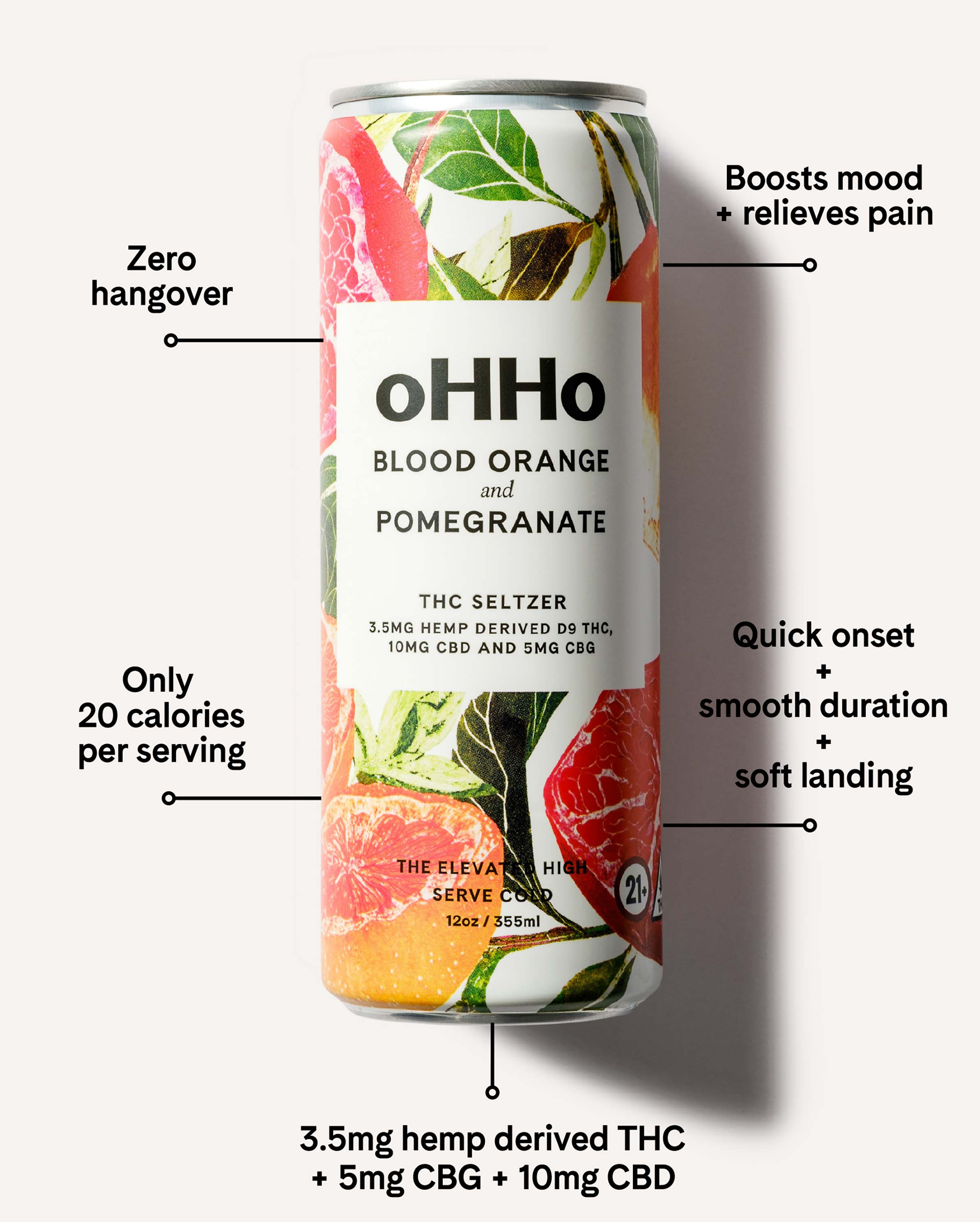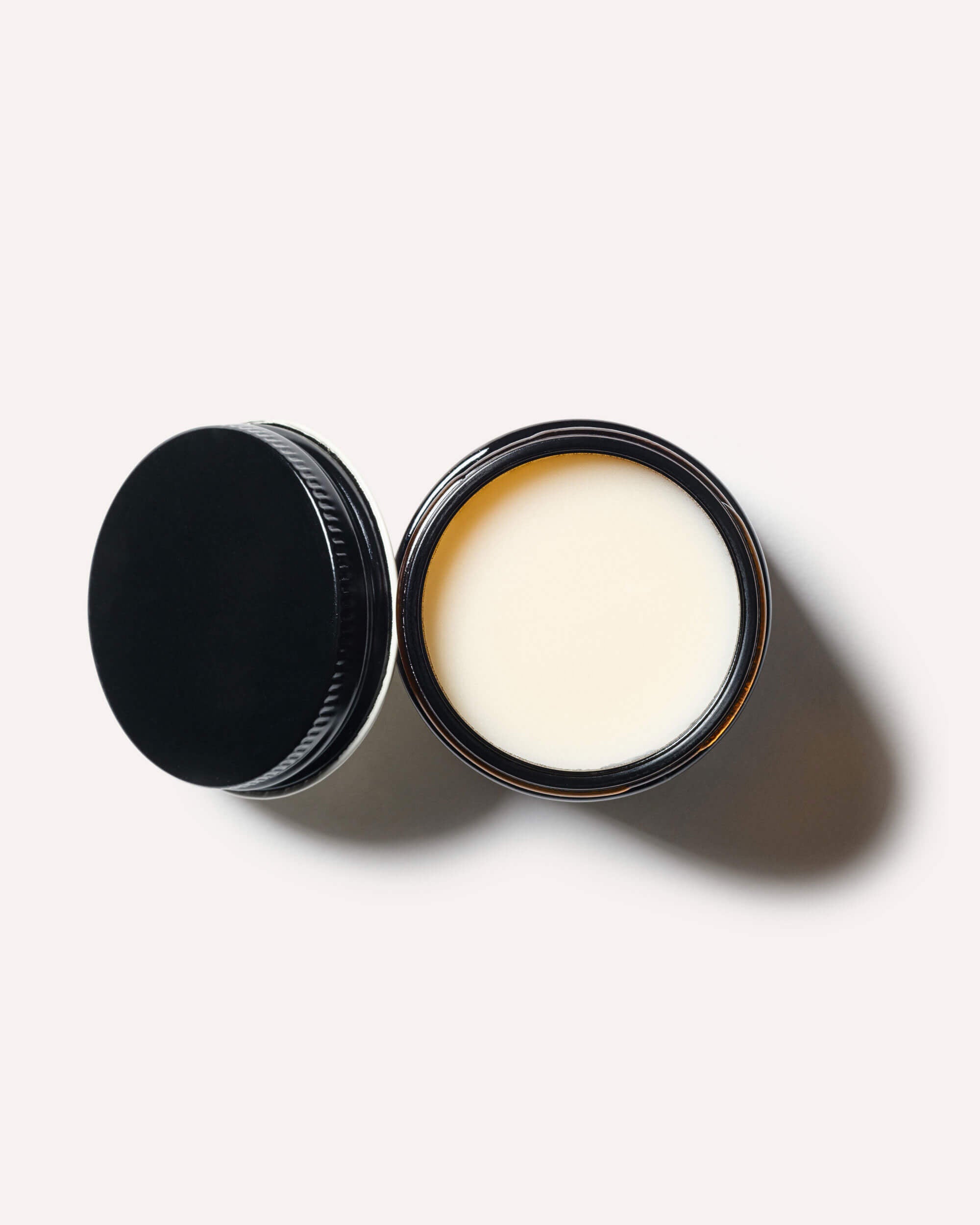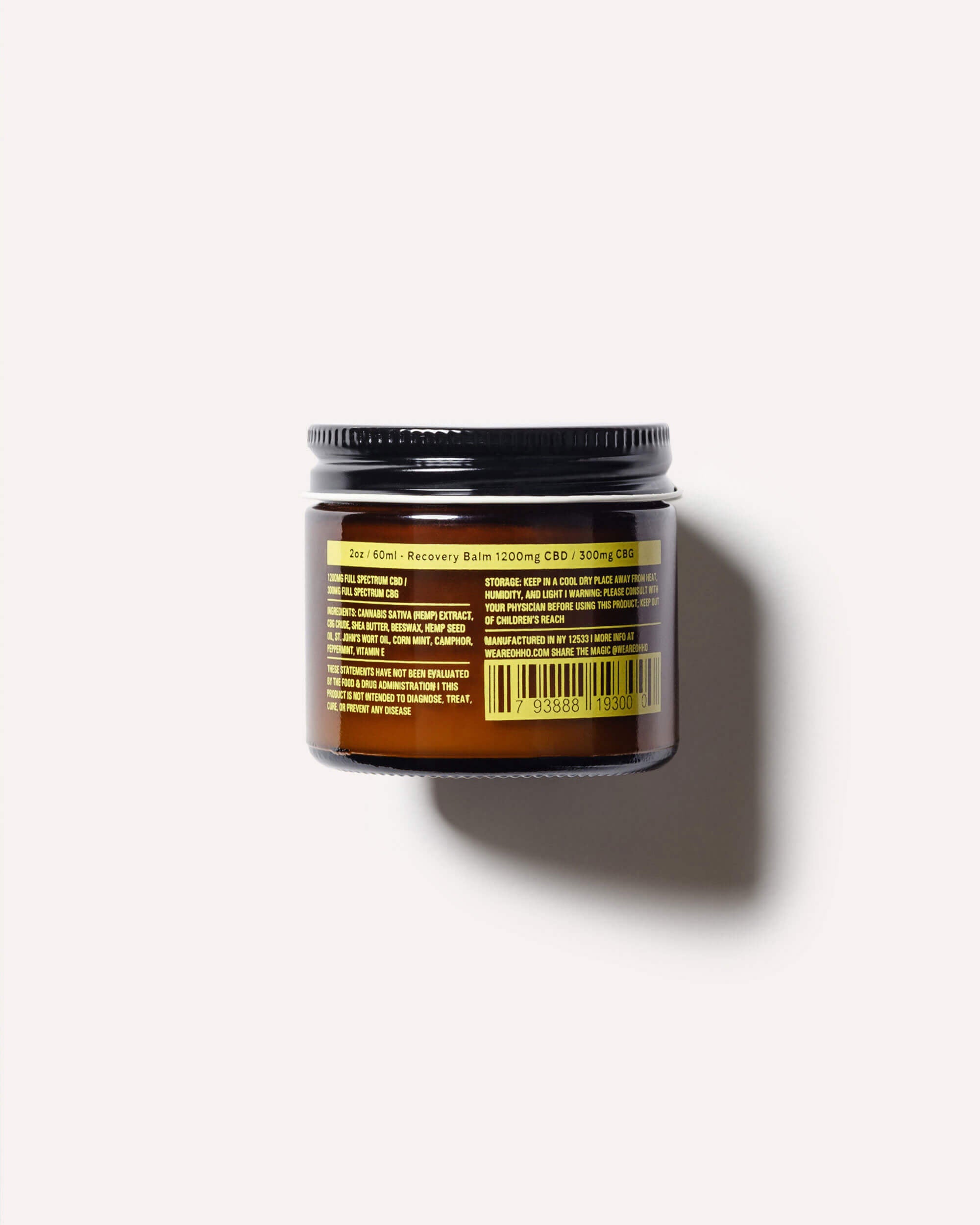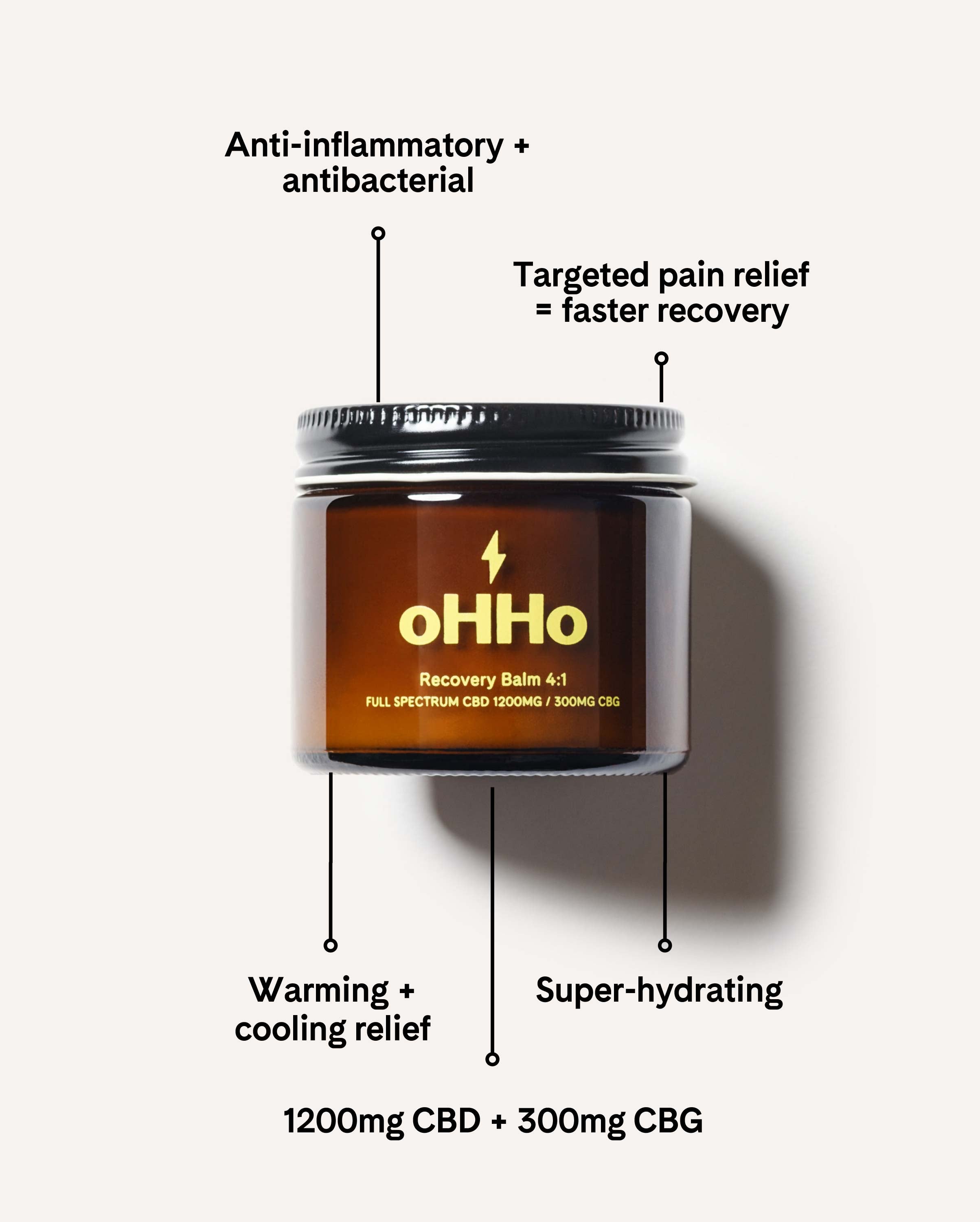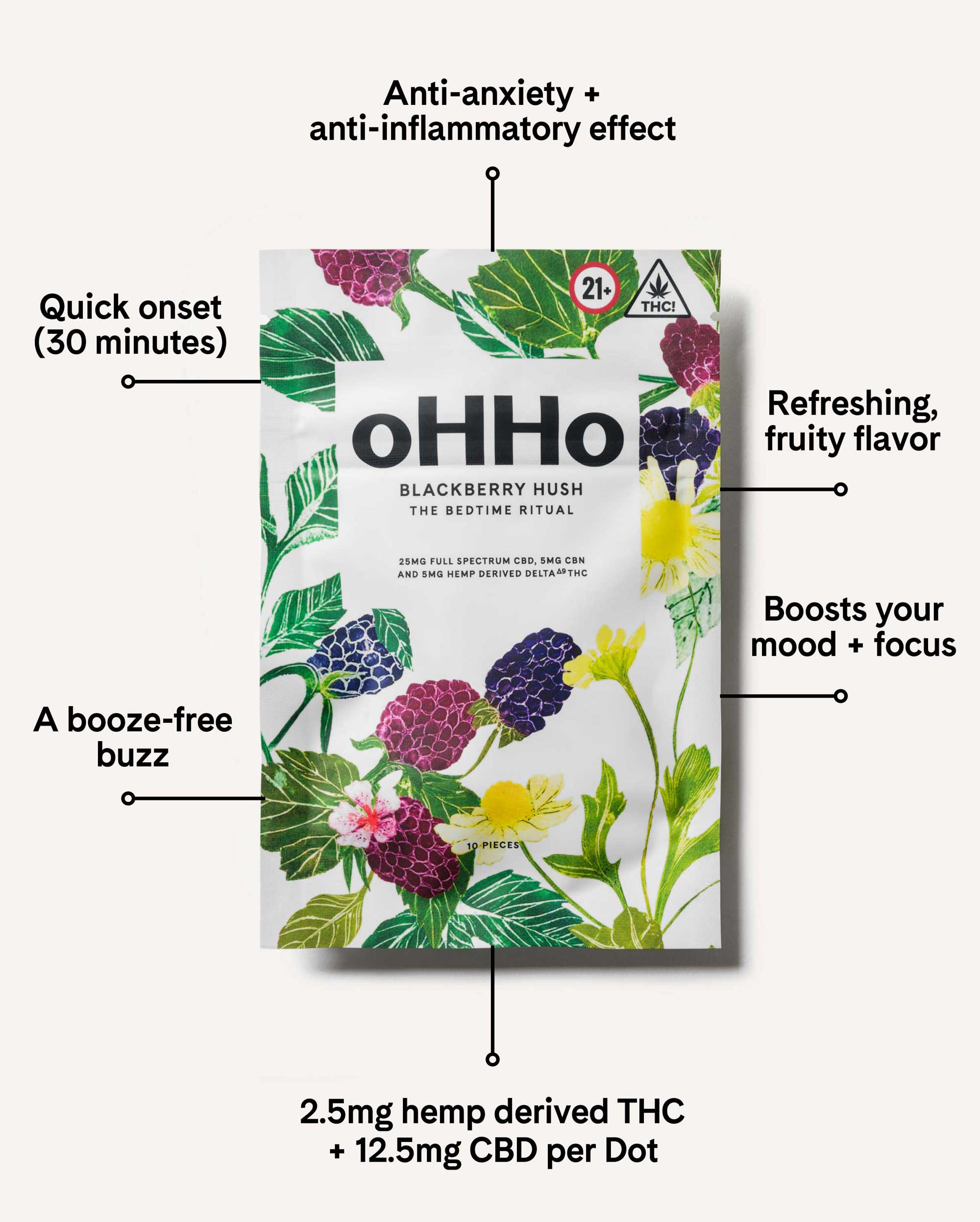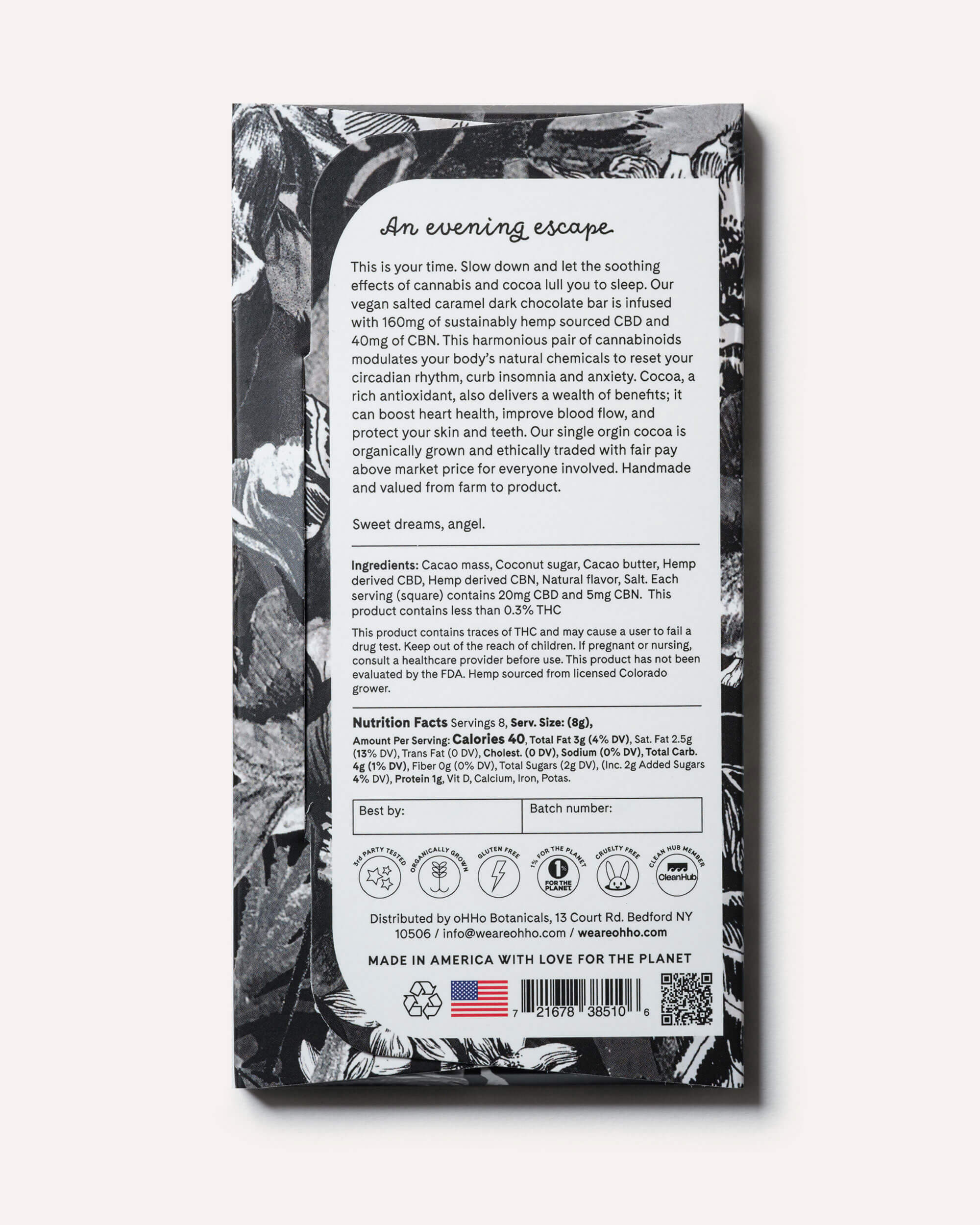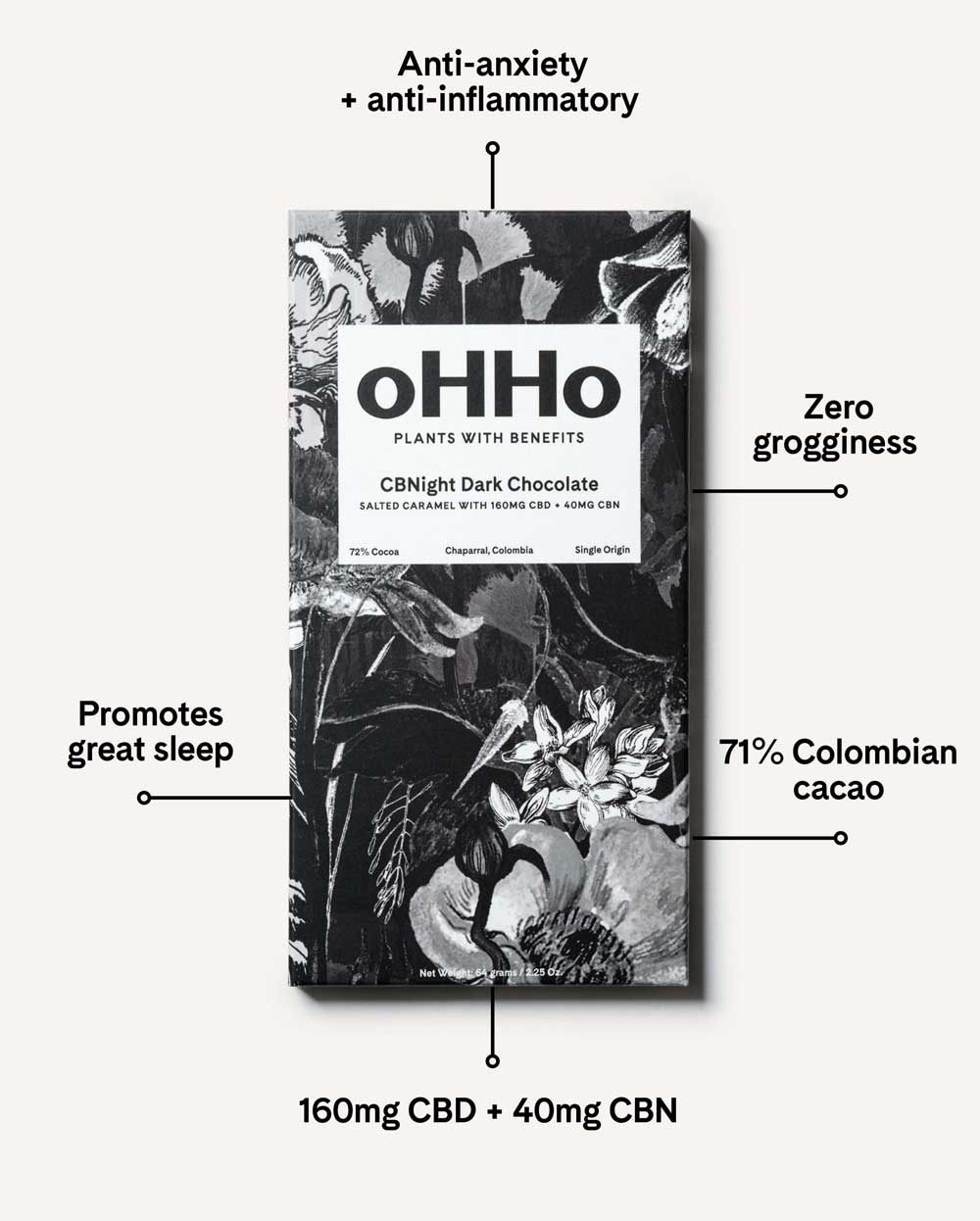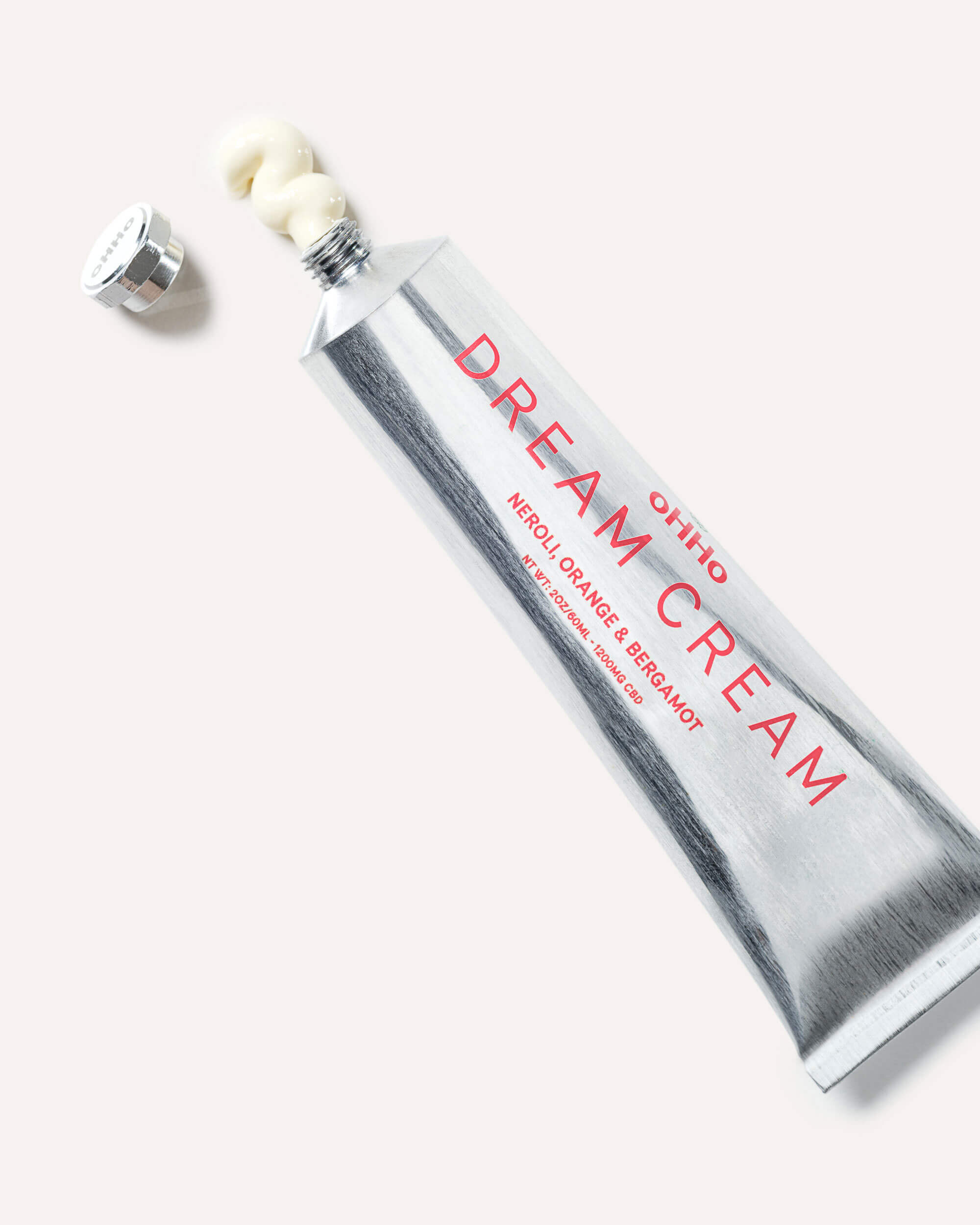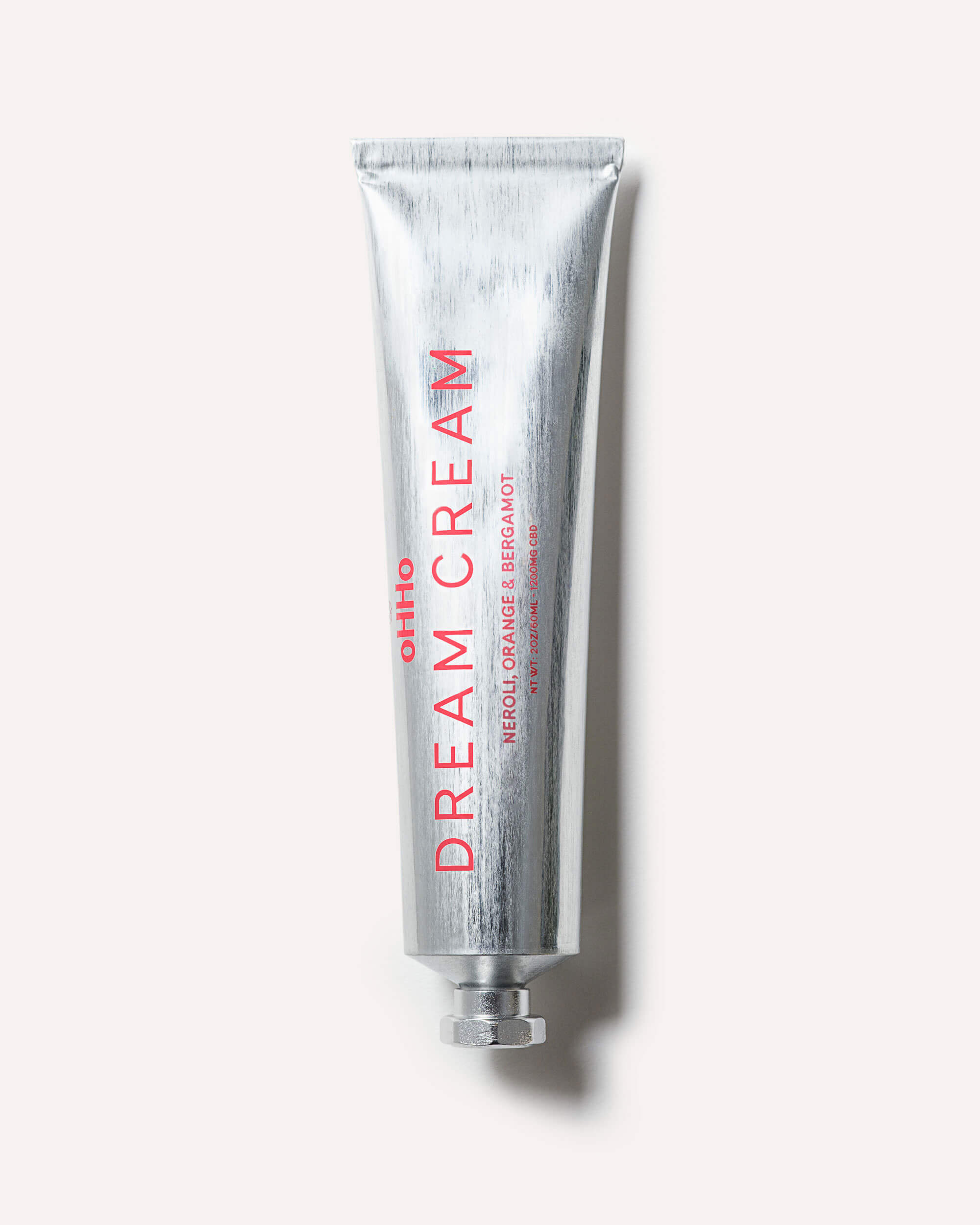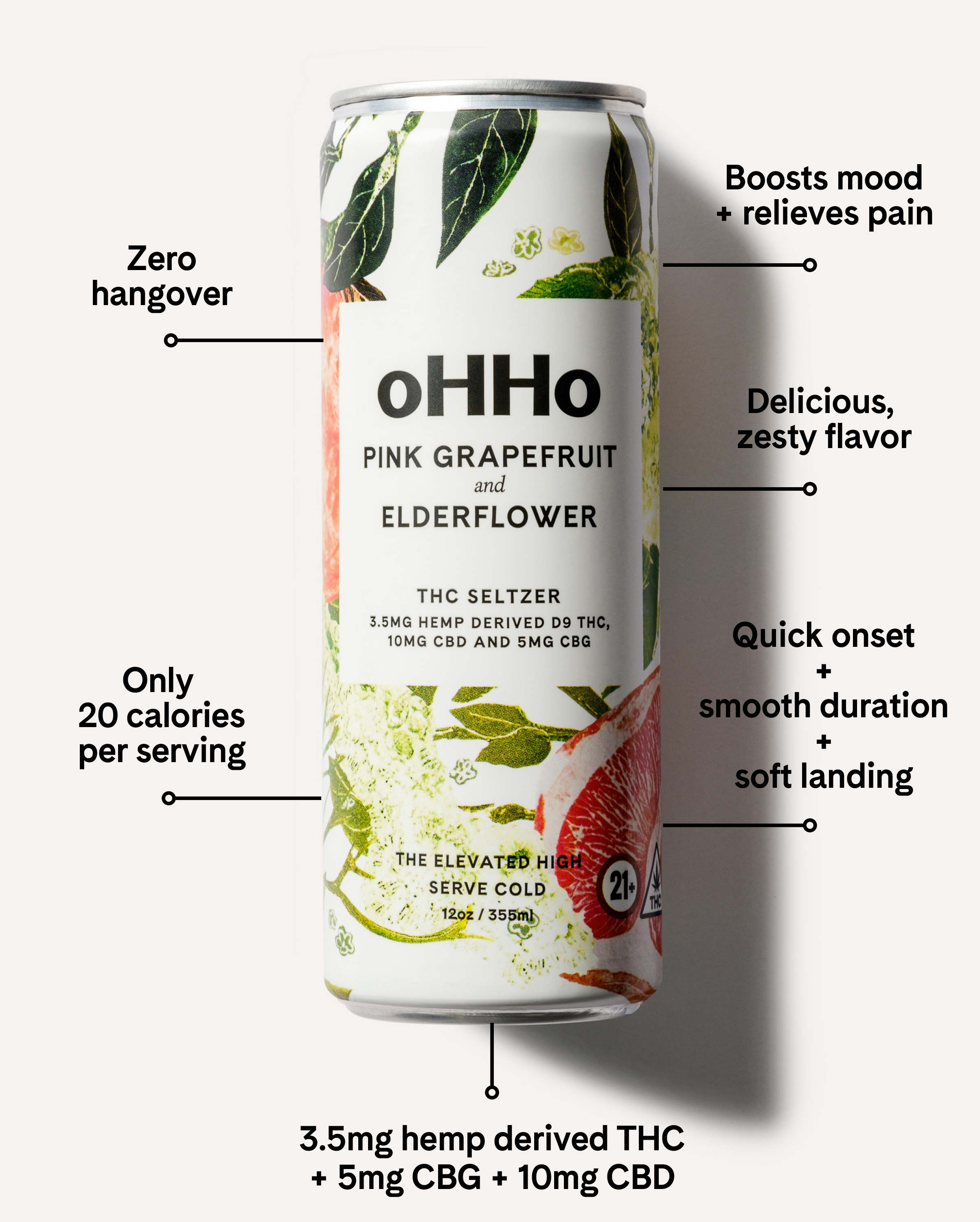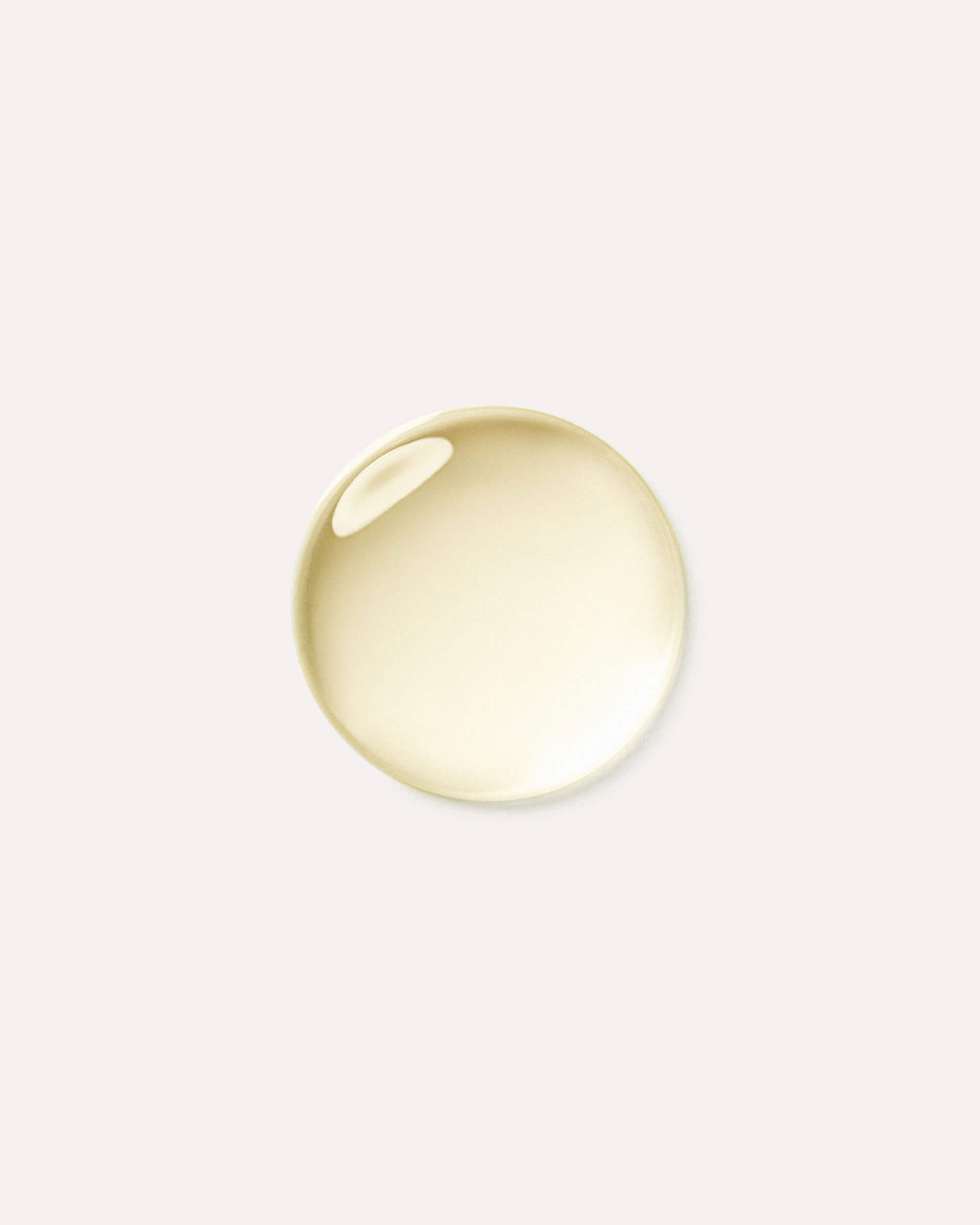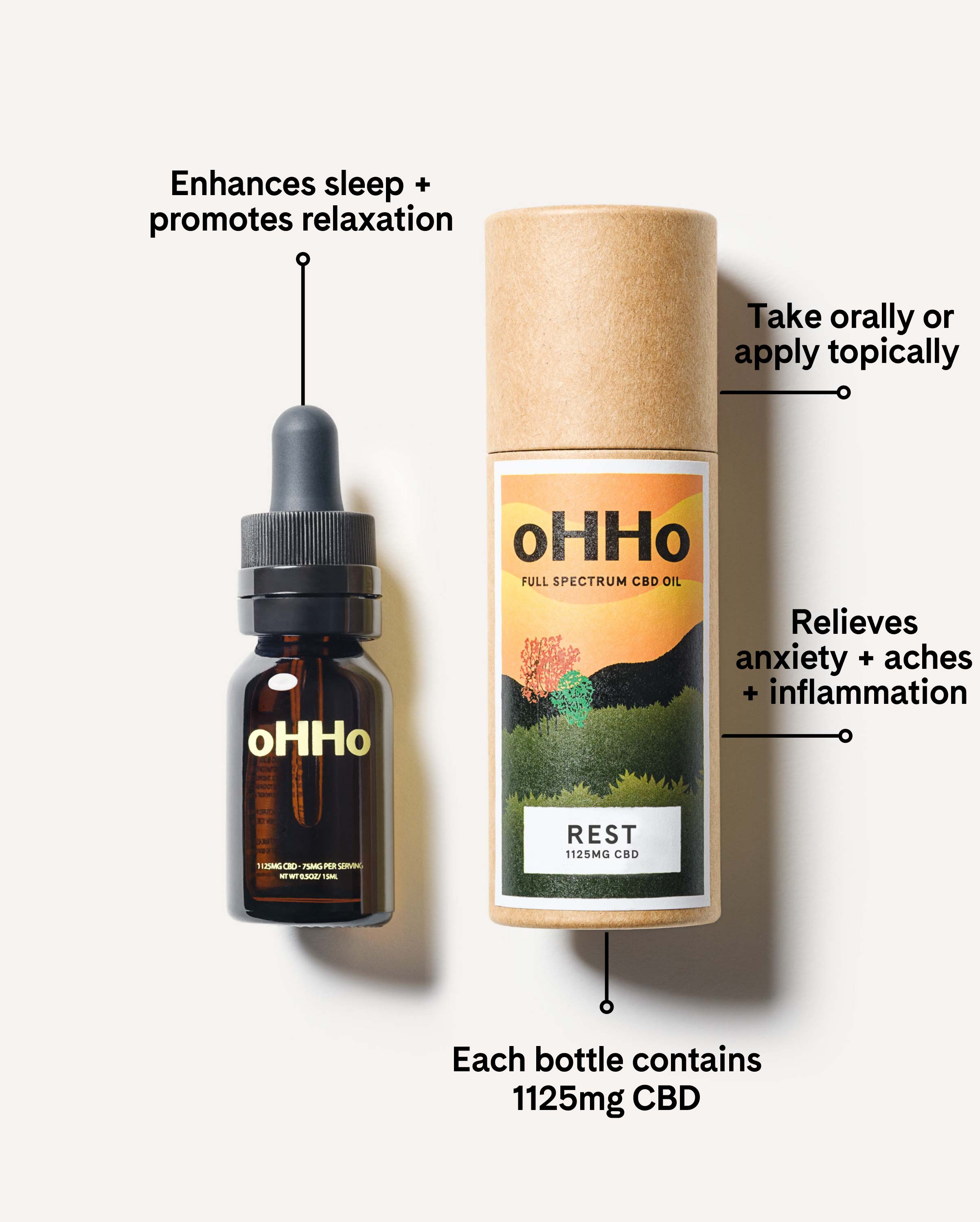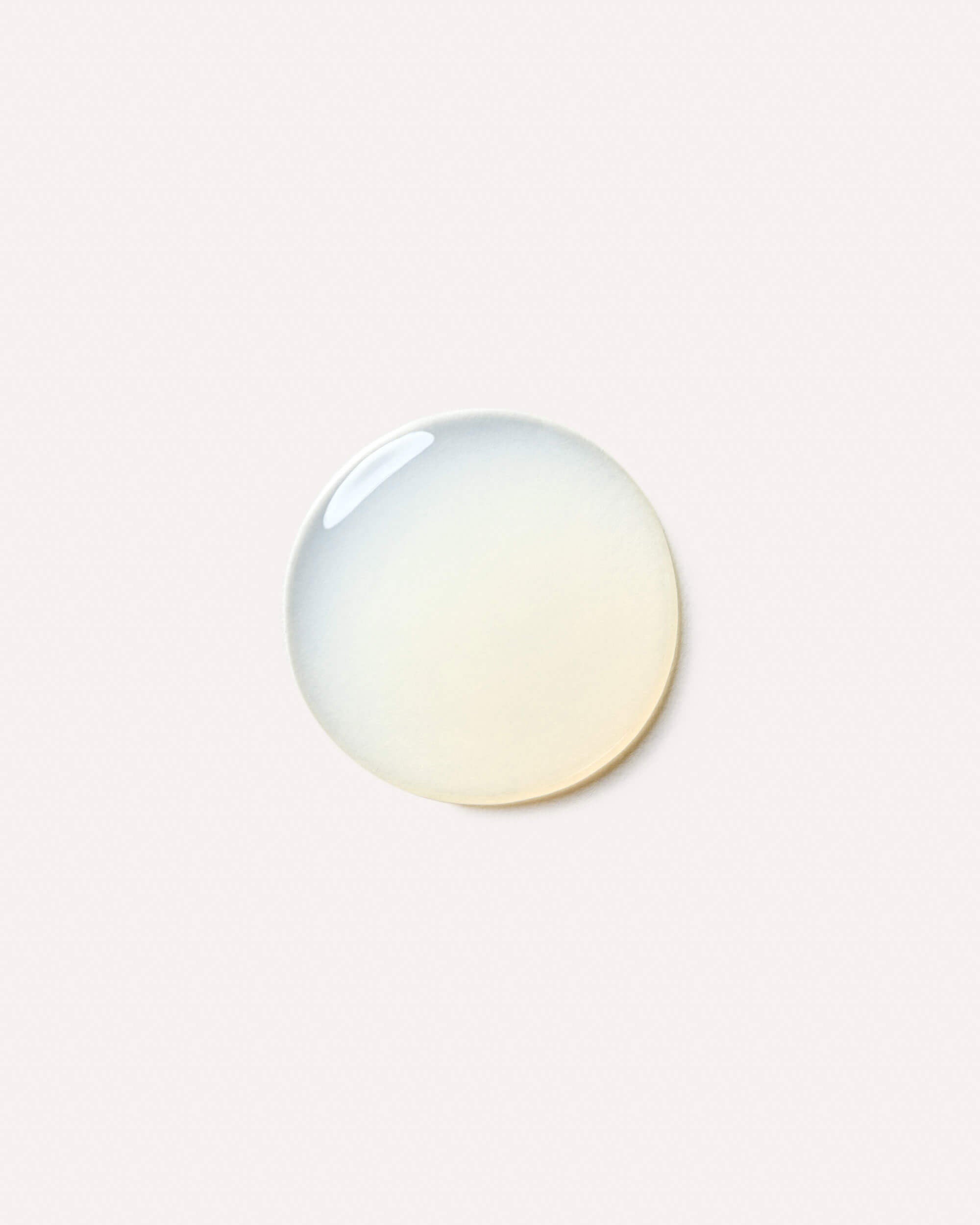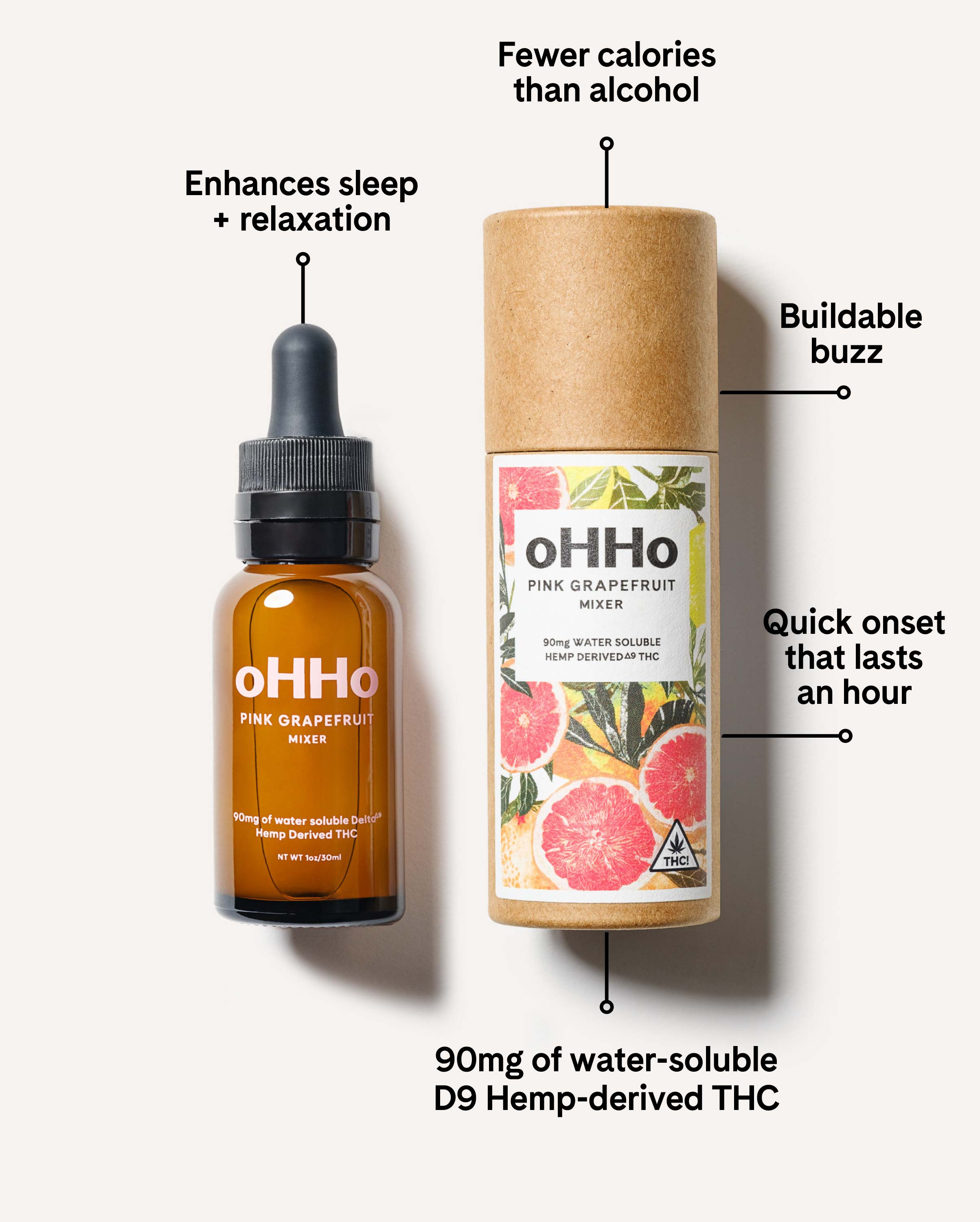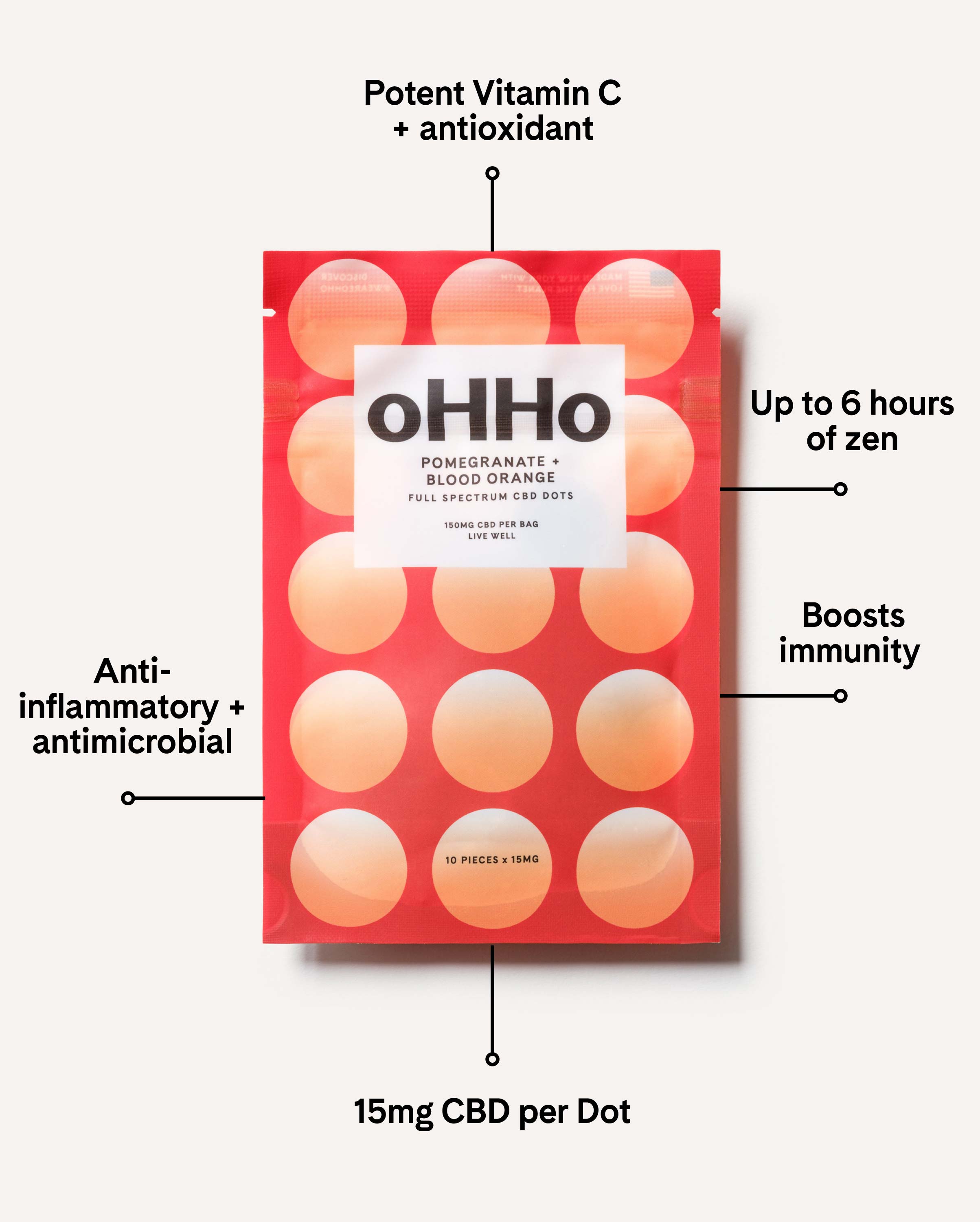Does CBD Help with Sleep?

The No.1 reported medical complaint in the US is sleep disorders. 7-8 hours of sleep is necessary for adults but 10's of millions of Americans regularly do not get enough. 60% have occasional sleep problems and over 40 million Americans suffer from more than 70 different sleep disorders.
What sleep does:
- ‘Washes’ toxins from your brain
- Builds Immunity
- Regulates metabolism
- Controls appetite
- Controls blood sugar levels
- Regulates blood pressure
- Repairs tissue
- Stores memories
Poor sleep is a risk factor for numerous immune weakness and chronic illnesses including; Depression, Diabetes, Arthritis, Strokes, Obesity, Impaired reaction times, Lower cognitive performance, Lower energy, Mood swings, Increased pain, Increased inflammation, Increased cravings for “comfort” foods. Chronic illness presents a greater risk for insomnia and so the cycle repeats and gets worse.
So, how does CBD help with sleep? A common misconception is that CBD has sedative properties. CBD is not a sedative, the way CBD helps improve sleep is by tackling the causes of insomnia such as anxiety and inflammation. CBD also unlocks your endocannabinoid system (ECS) which plays an integral role in sleep. A healthy ECS regulates eating, sleeping, relaxing and internal defenses.
Unlocking the ECS enables CBD to act as a regulator of endocannabinoids in the body to achieve a healthy state of balance called homeostasis. CBD acts as a modulator of hormones such melatonin ensuring they are kept at optimum levels. CBD also acts as an adaptogen, helping your body to adapt to internal and external conditions, effectively reducing stress.
The way we fall asleep, stay asleep, wake up, and remain awake is also regulated by our circadian rhythms. A circadian rhythm is a natural, internal process that regulates the sleep-wake cycle and repeats on each rotation of the Earth roughly every 24 hours.
Circadian rhythms govern a diverse array of actions in the body, including hormone production, menstrual cycle, heart rate, metabolism and sleep. Disruption to daily circadian rhythms leads to ECS deficiency, insomnia, slower thinking, impulsivity and weight gain.
At a cellular level, CBD acts to bring balance throughout your body by ‘activating’ your ECS. This in turn helps bring your circadian rhythm back into alignment. Ethan Russo MD has summarised 13 studies looking at cannabinoids, concluding that 15mg of CBD can improve sleep.
Common Sleep Disorders include:
Insomnia - cannot fall asleep or stay asleep.
Sleep apnea - impaired breathing while sleeping often causing you to wake.
Restless leg syndrome - tingling, discomfort or pain in the legs that increases at night Circadian rhythm disorders - internal clock is off and sleep patterns are disturbed i.e jet lag.
Parasomnias - movements and activities while sleeping - sleepwalking and nightmares.
Excessive daytime sleepiness - persistent drowsiness during daylight hours.
DISCOVER



